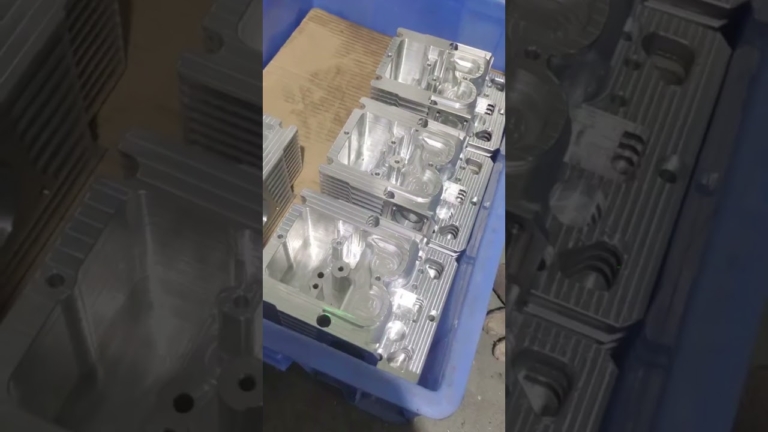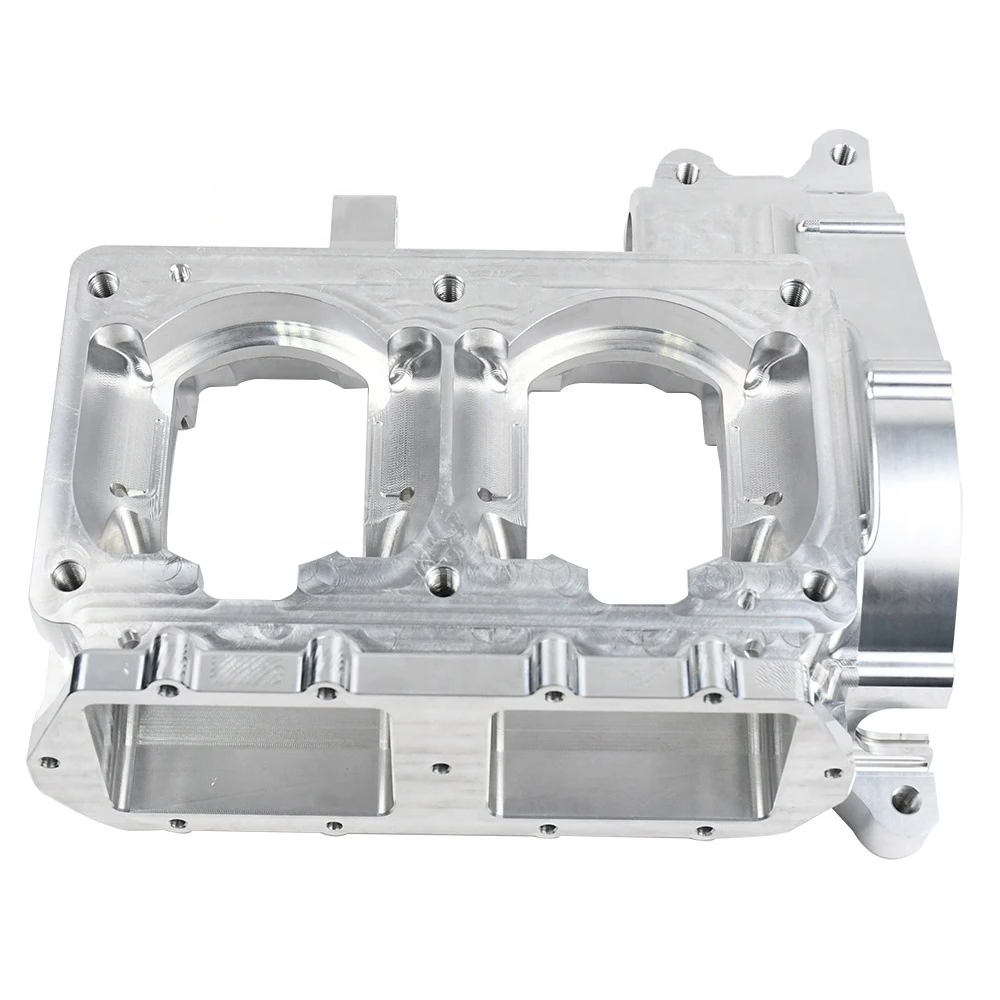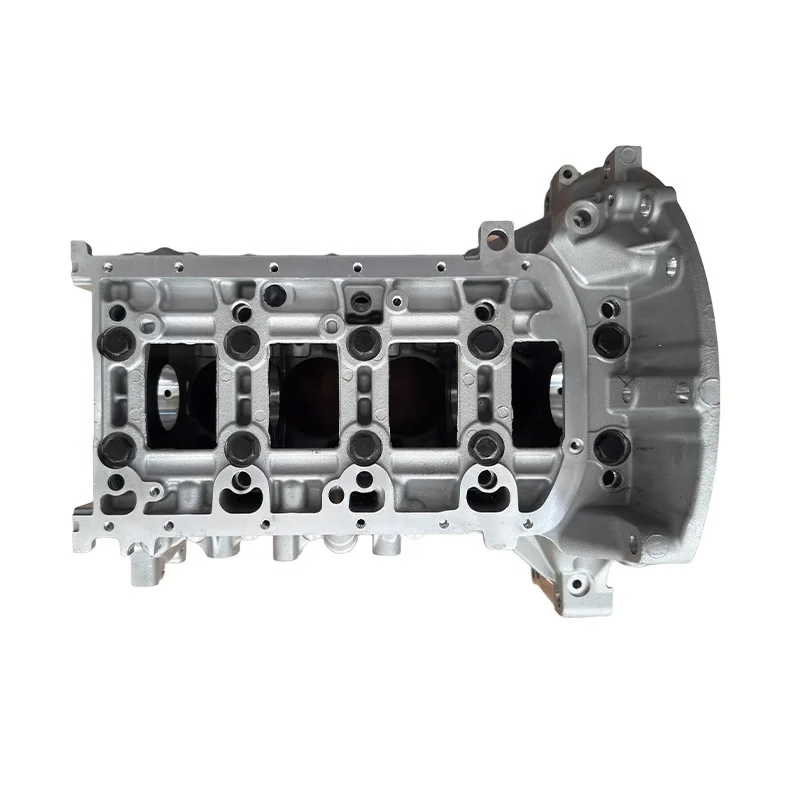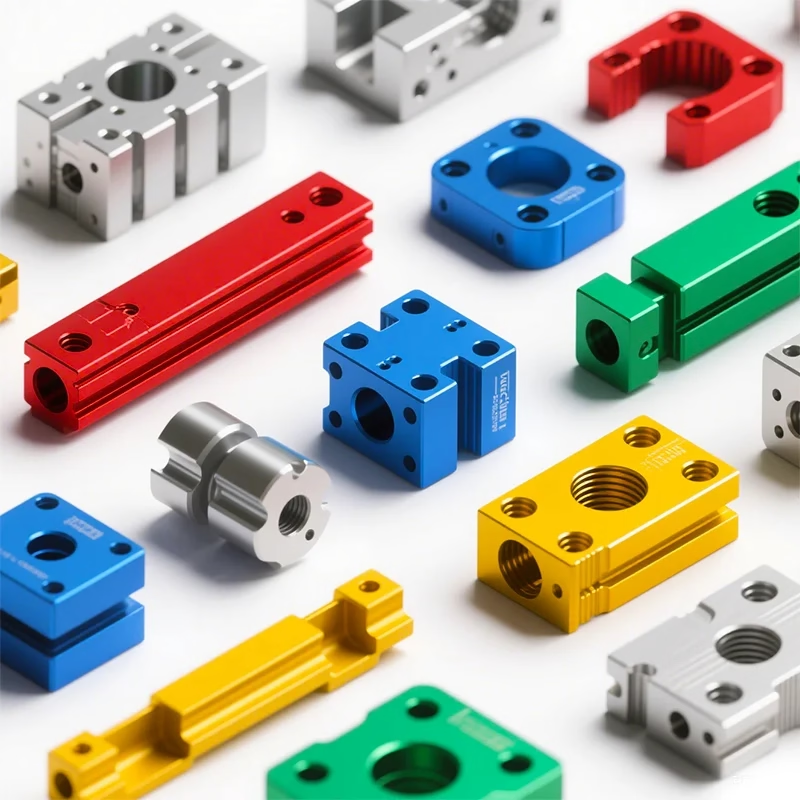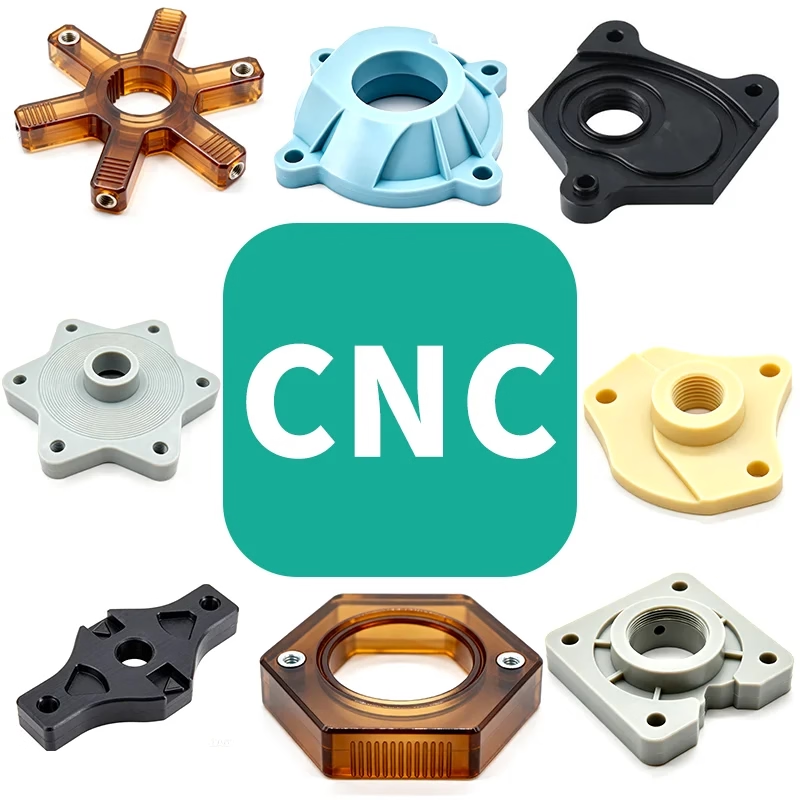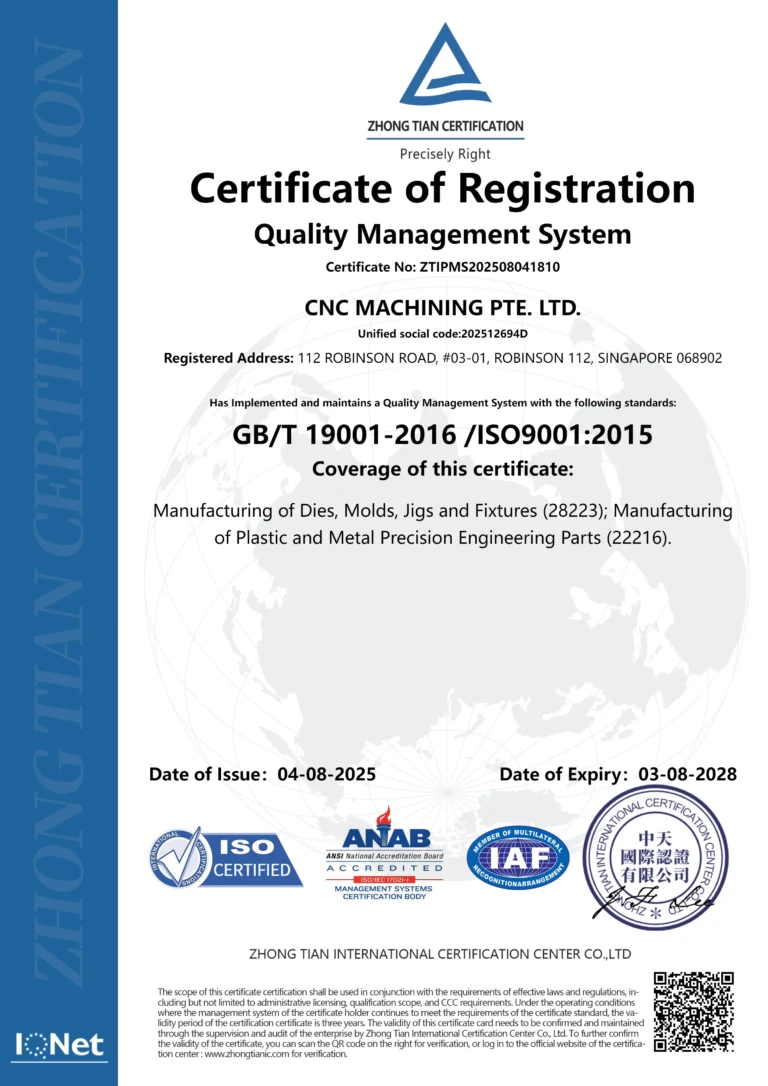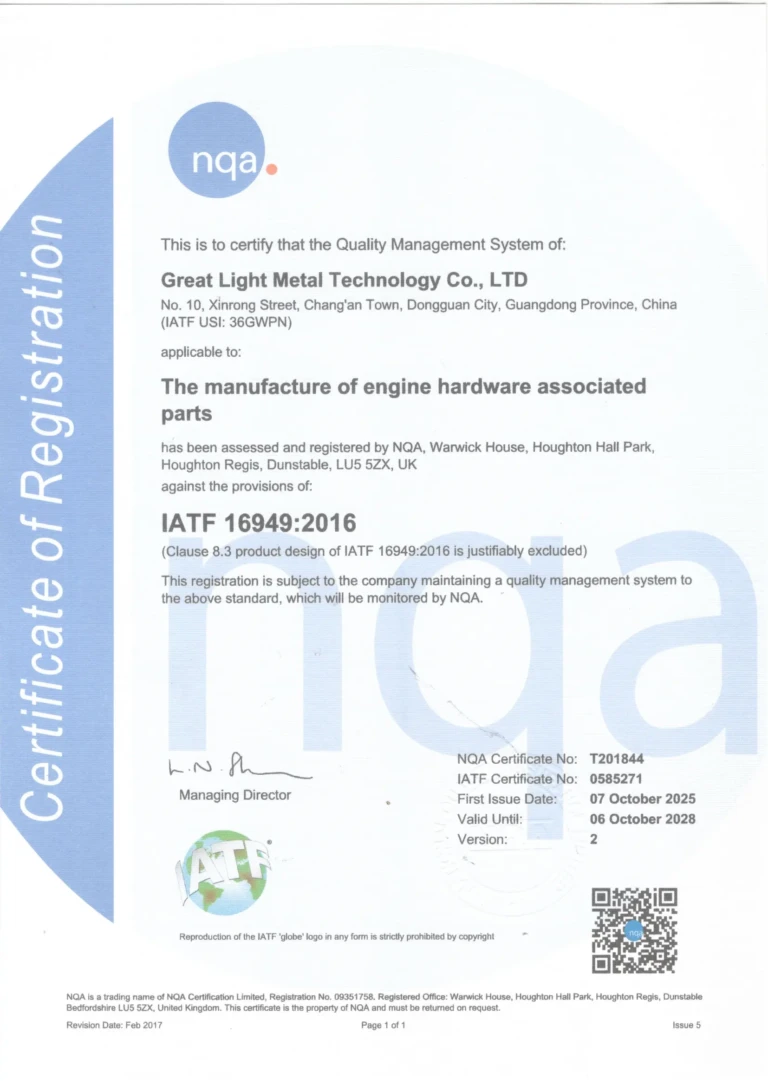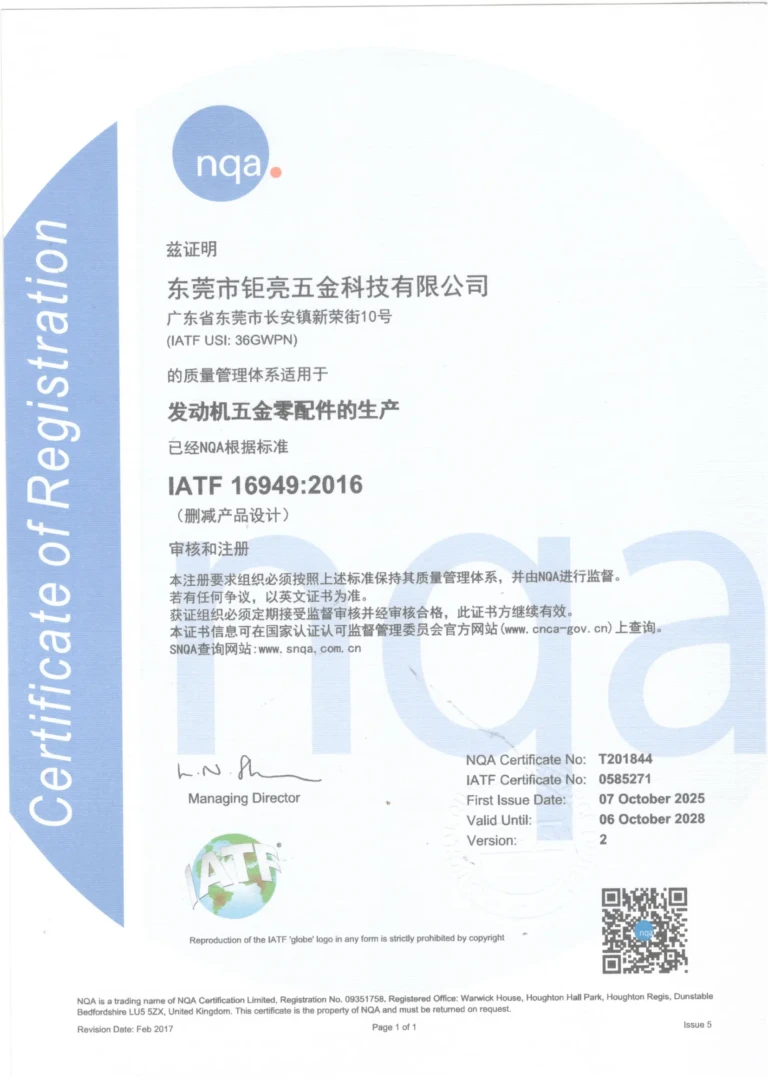The Rise of CNC Machining: A Game-Changer for Custom Parts Manufacturing
In today’s fast-paced and competitive world, businesses need to innovate quickly to stay ahead of the curve. This has led to a growing demand for custom parts manufacturing that can cater to the unique needs of various industries, such as aerospace, automotive, and medical devices. CNC machining has emerged as a premier solution for custom parts manufacturing, offering accuracy, precision, and flexibility that traditional manufacturing methods cannot match. In this article, we’ll explore the benefits of CNC machining, its applications, and how it compares to molding for plastic and metal parts.
The CNC Machining Process
CNC machining is a subtractive manufacturing process that uses computer-controlled machinery to remove material from a larger piece of stock to create a custom part. The process involves three primary steps:
- Design: The first step is to design the part using computer-aided design (CAD) software. The design must be precise and accurate, as any errors can be costly to correct during the manufacturing process.
- Programming: The design is then translated into a programming language that the CNC machine can understand, outlining the sequence of operations and feed rates.
- Manufacturing: The CNC machine reads the program and performs the necessary actions, such as cutting, drilling, and milling, to produce the final part.
Benefits of CNC Machining
CNC machining offers several advantages that make it an attractive option for custom parts manufacturing, including:
- Accuracy and Precision: CNC machining can achieve accuracy and precision that is unmatched by traditional manufacturing methods, making it ideal for critical applications where precision is paramount.
- Flexibility: CNC machining allows for the production of complex geometries and unique part designs that would be difficult or impossible to produce using other manufacturing methods.
- Rapid Prototyping: CNC machining enables rapid prototyping, which is essential for reducing the time-to-market and testing the design and functionality of a new product.
CNC Machining vs. Molding for Plastic and Metal Parts
While CNC machining is an excellent option for custom parts manufacturing, it is not always the best approach. Molding, for example, may be more suitable for large-volume production or when producing plastic or metal parts with complex geometries. Here’s a comparison of CNC machining with molding:
Plastic Parts
In the case of plastic parts, molding can offer several advantages, such as:
- Faster Production: Molding can be faster than CNC machining, especially for large-volume production runs.
- Lower Costs: Molding can be more cost-effective for high-volume production, as the cost per unit decreases with increasing production volume.
- Part Consistency: Molding produces parts with consistent results, which is essential for large-scale production.
However, CNC machining can still be a better option when:
- Complex Geometries: CNC machining excels at producing parts with complex geometries, which can be challenging or impossible to produce using molding.
- Small-lot Production: CNC machining is more suitable for small-lot production or prototyping, where molding may not be practical.
Metal Parts
For metal parts, CNC machining offers several benefits, including:
- High Precision: CNC machining can achieve high precision and accuracy, making it ideal for critical applications such as aerospace or medical devices.
- Complex Geometries: Metal parts with complex geometries can be easily produced using CNC machining, which is more difficult or impossible with molding.
- Flexible Production: CNC machining allows for flexible production, enabling the production of small to medium volumes of custom parts.
Rapid Prototyping and On-Demand Manufacturing
CNC machining is not just limited to large-scale production. It can also be used for rapid prototyping and on-demand manufacturing, enabling companies to test and refine their designs quickly, without the need for large-scale production runs. This approach can reduce costs, shorten development times, and improve product quality.
Conclusion
CNC machining is a game-changer for custom parts manufacturing, offering accuracy, precision, and flexibility that is unmatched by traditional manufacturing methods. While molding may be suitable for large-volume production or specific applications, CNC machining is ideal for small-lot production, prototyping, and producing complex parts with high precision. By combining CNC machining with rapid prototyping and on-demand manufacturing, companies can innovate faster, reduce costs, and improve product quality, giving them a competitive edge in the market. As technology continues to advance, CNC machining will remain an essential tool for custom parts manufacturing, revolutionizing the way we design and produce parts for various industries.
Daguang focuses on providing solutions such as precision CNC machining services (3-axis, 4-axis, 5-axis machining), CNC milling, 3D printing and rapid prototyping services.
